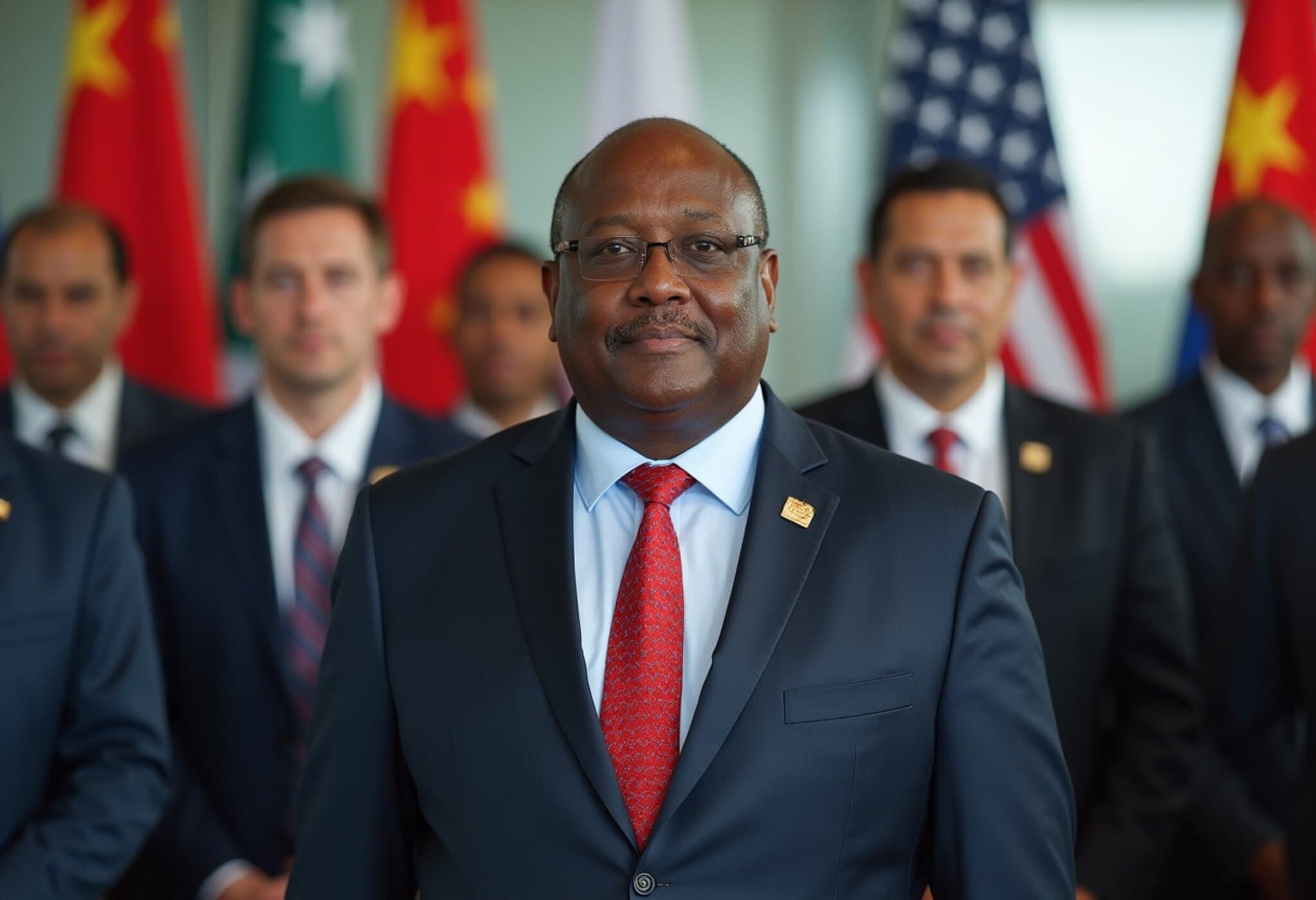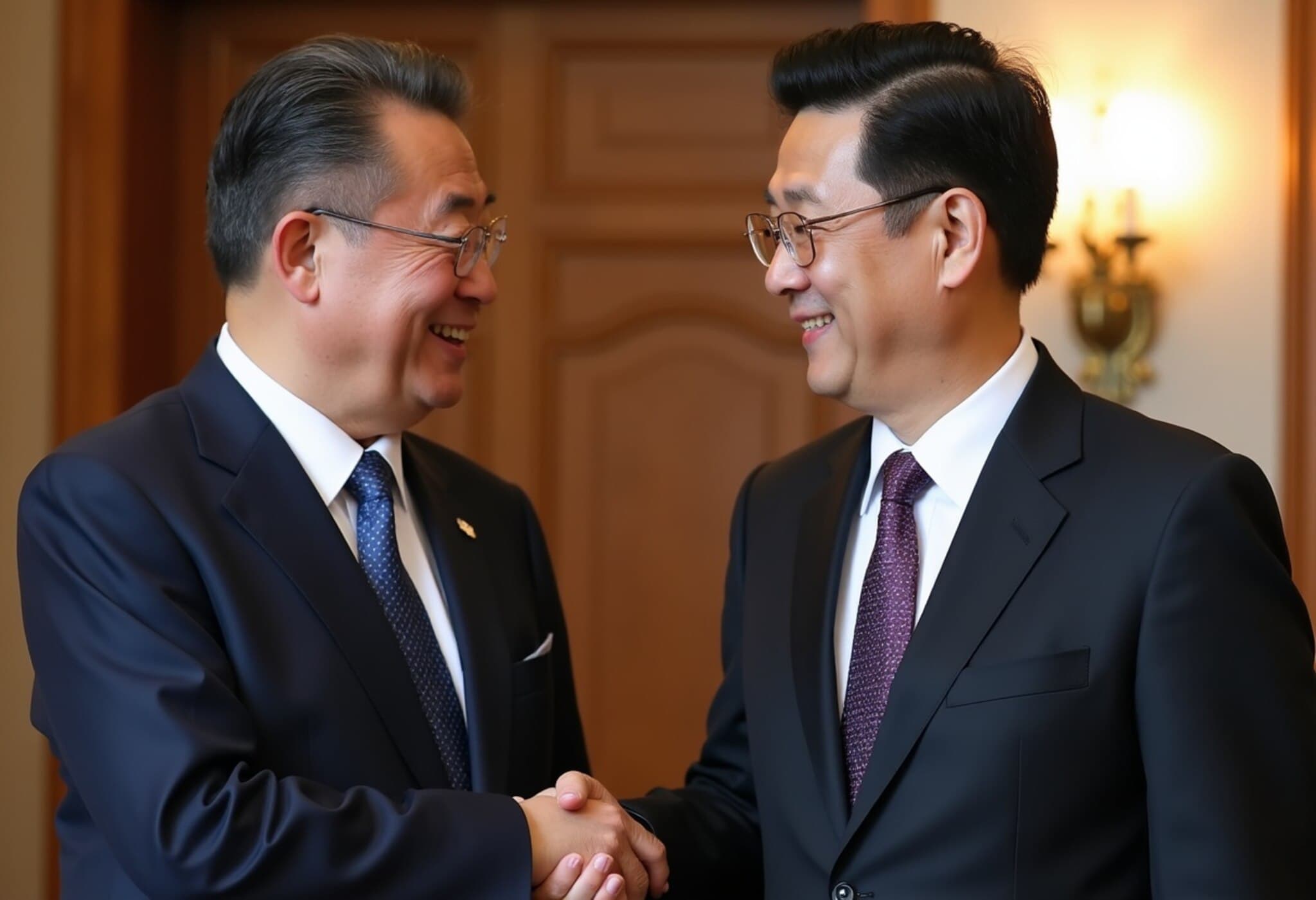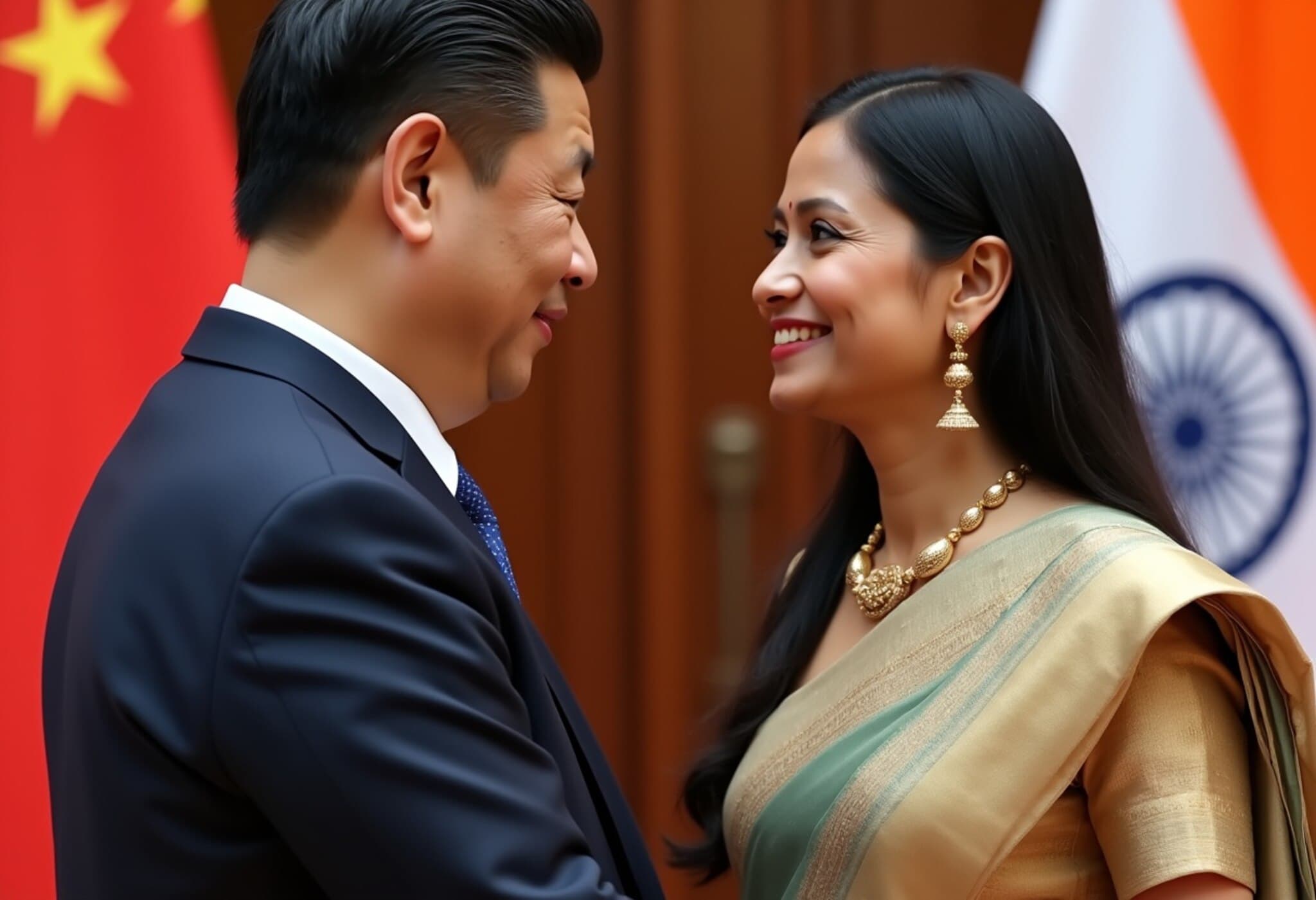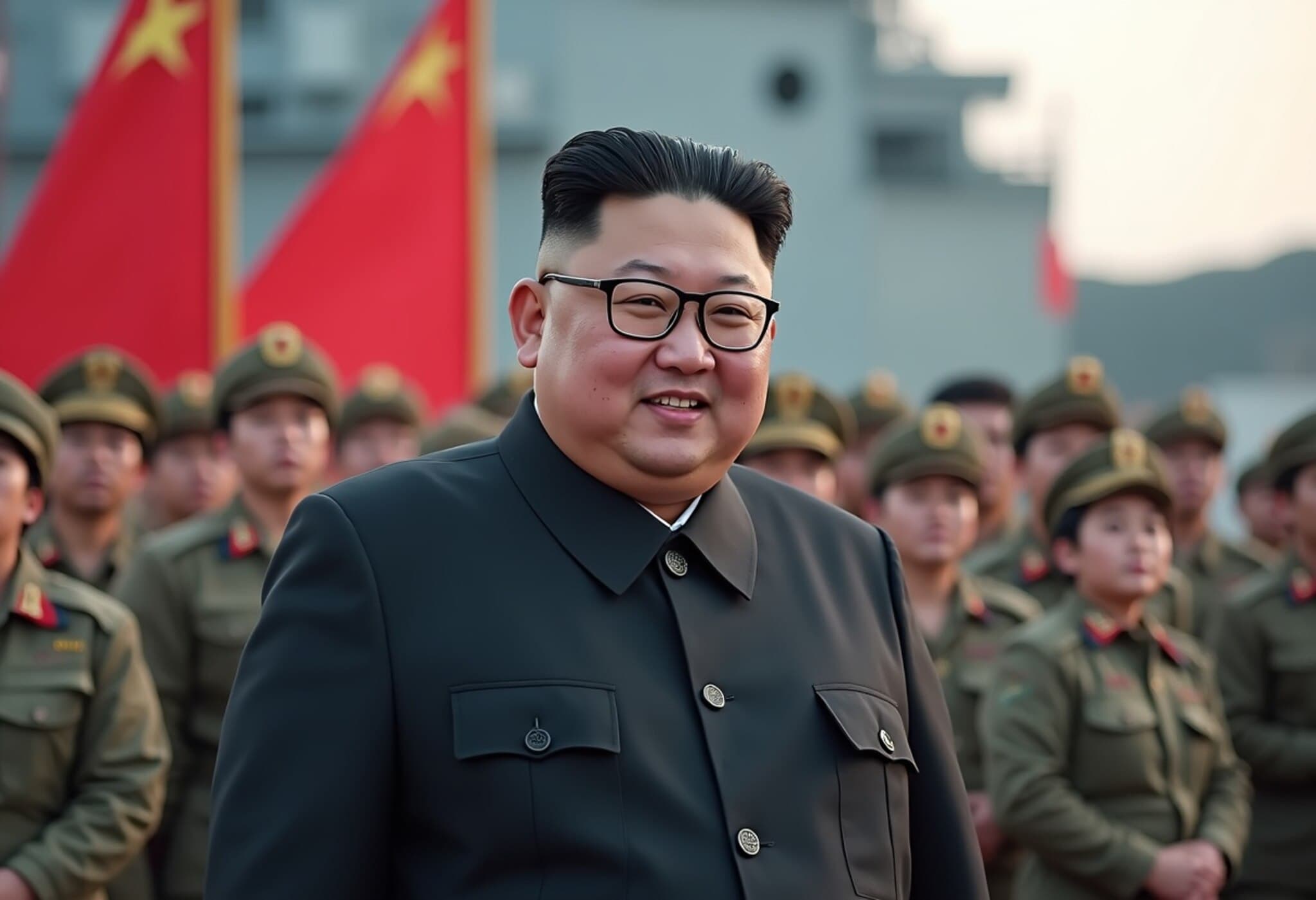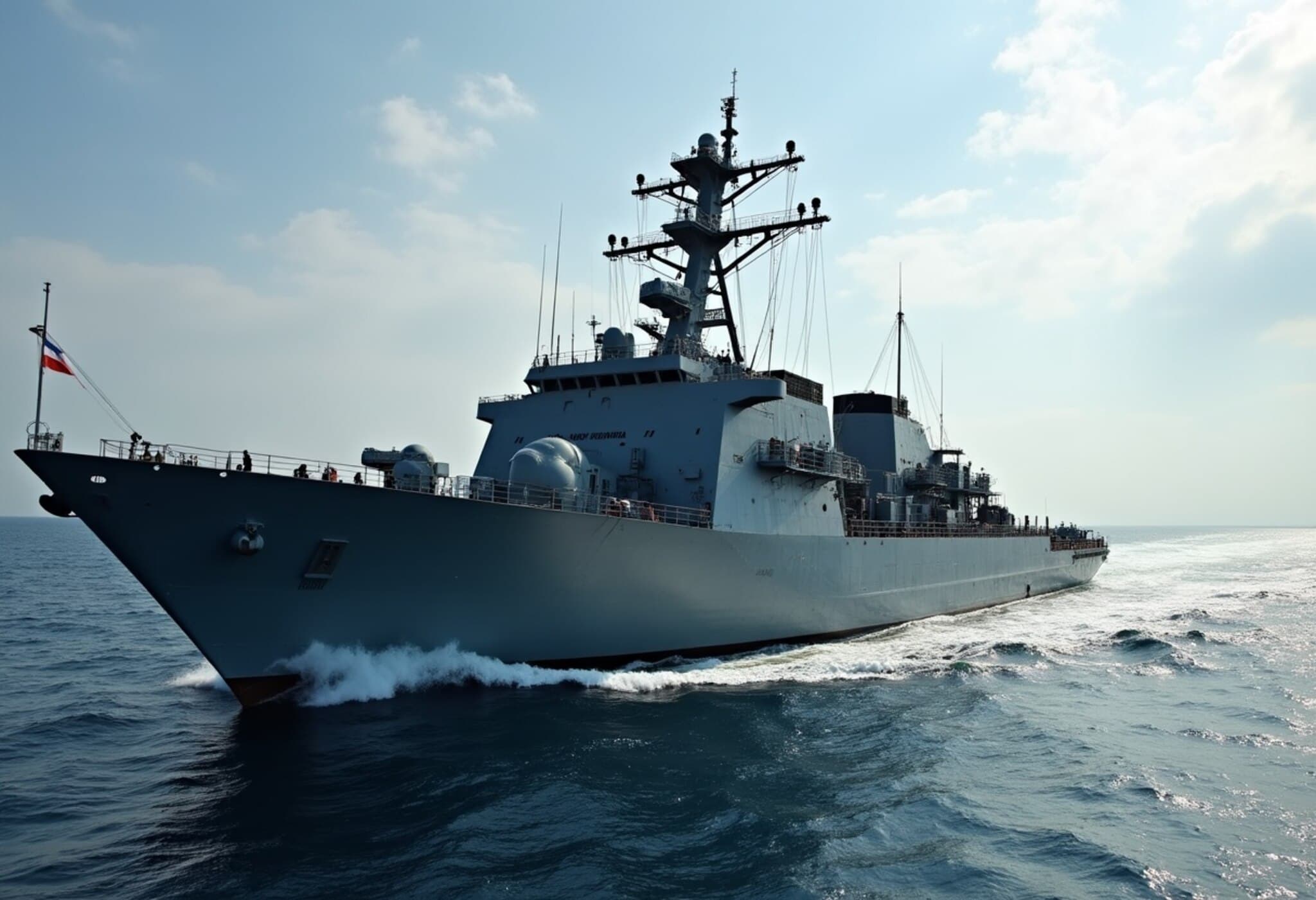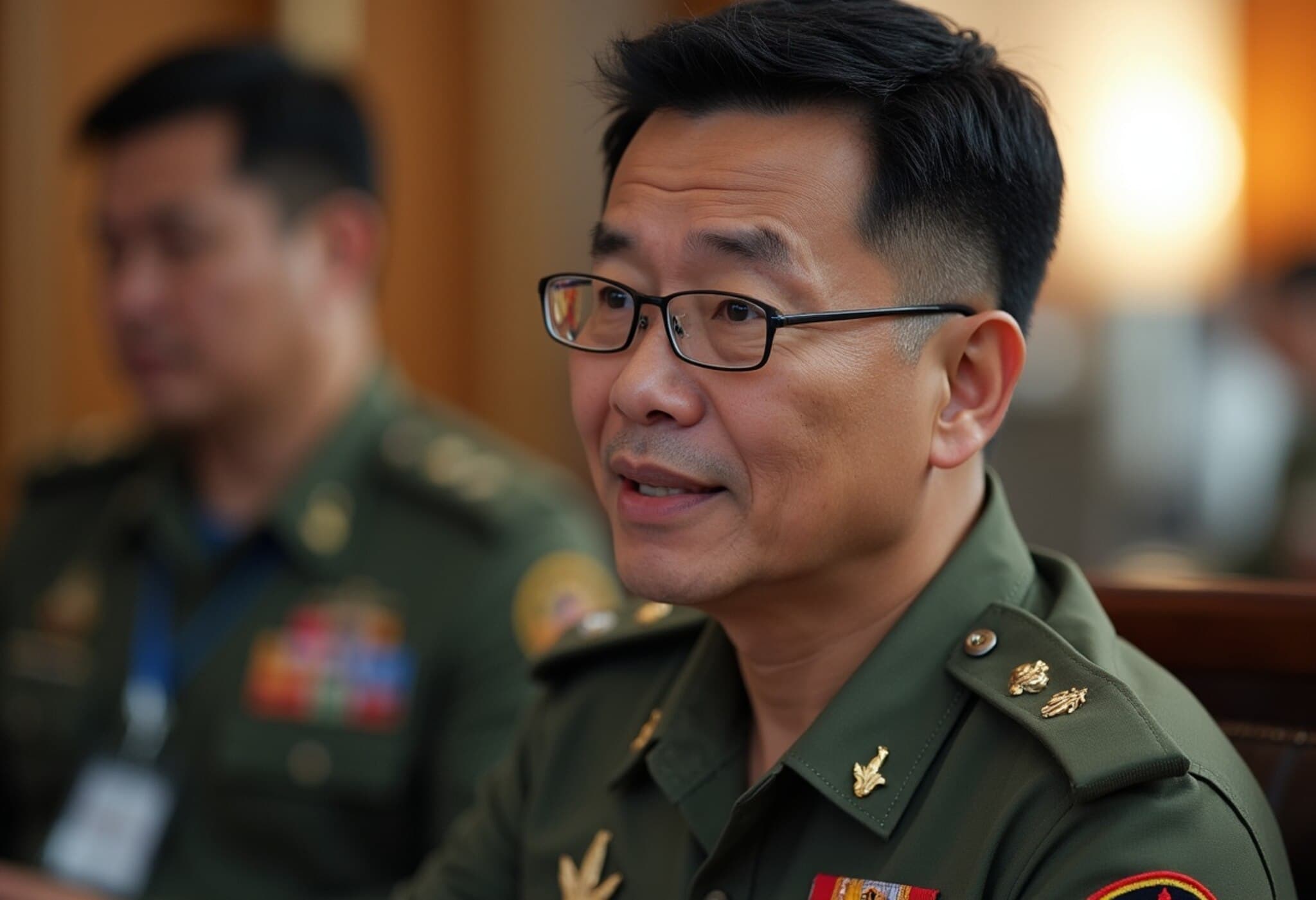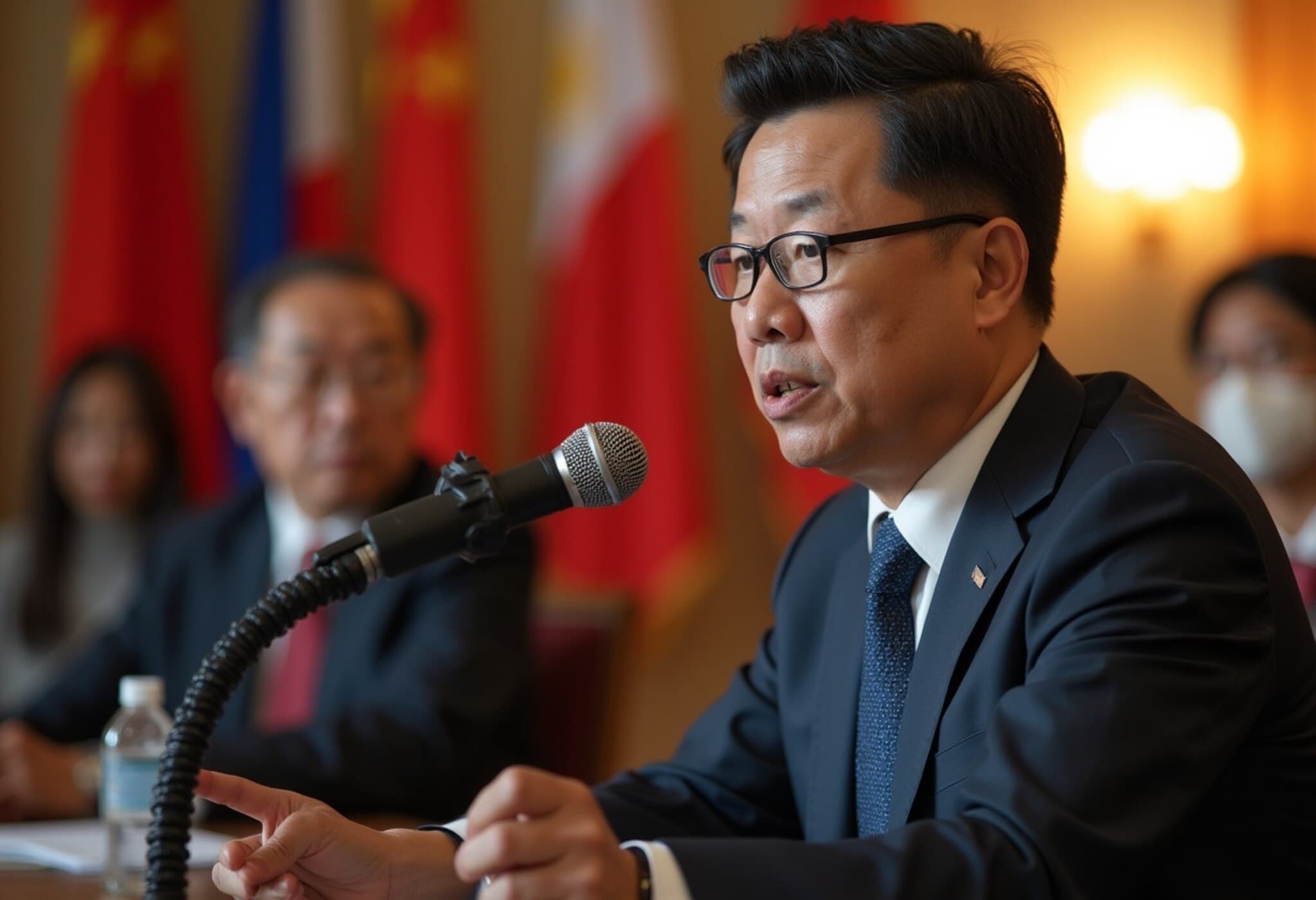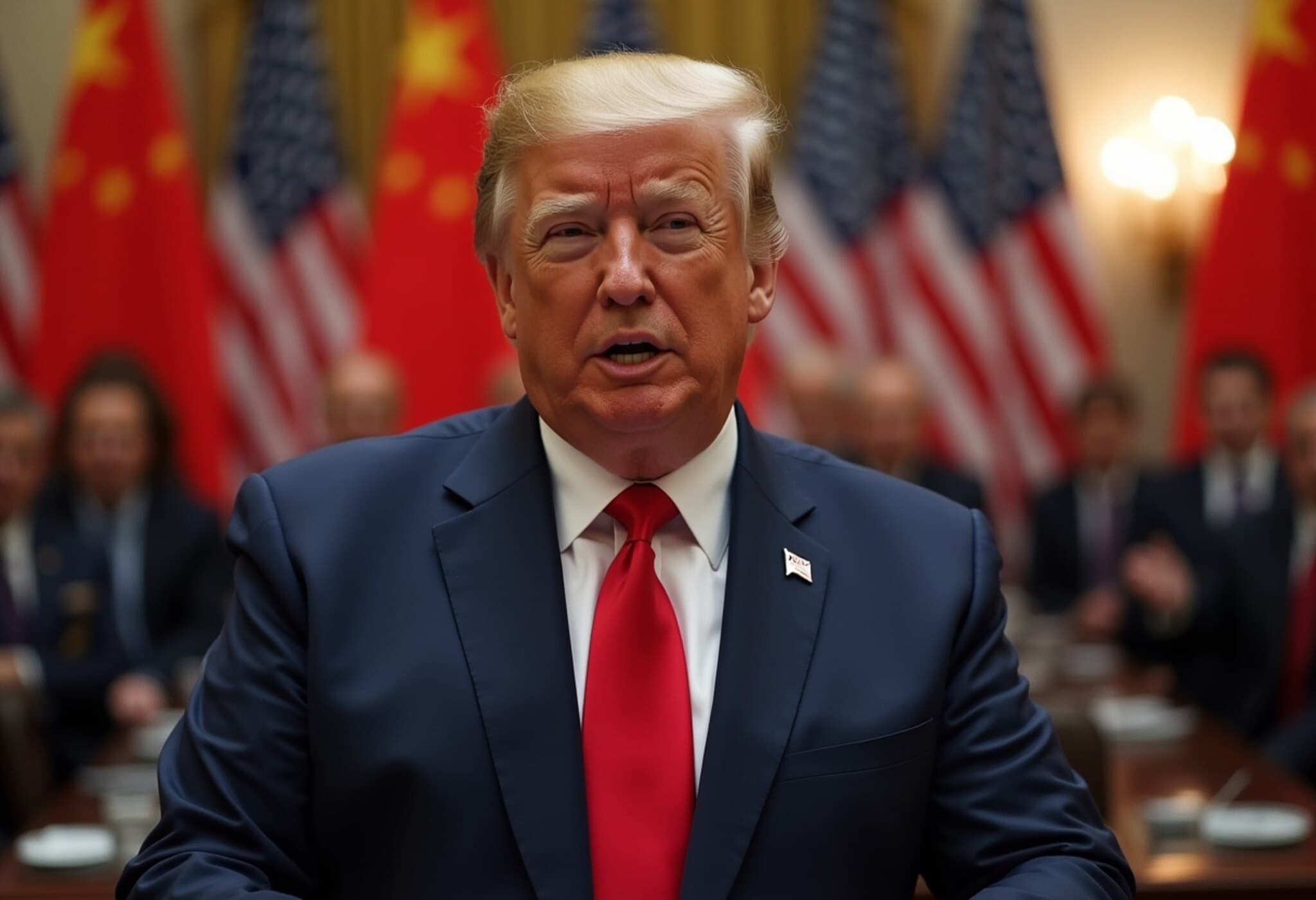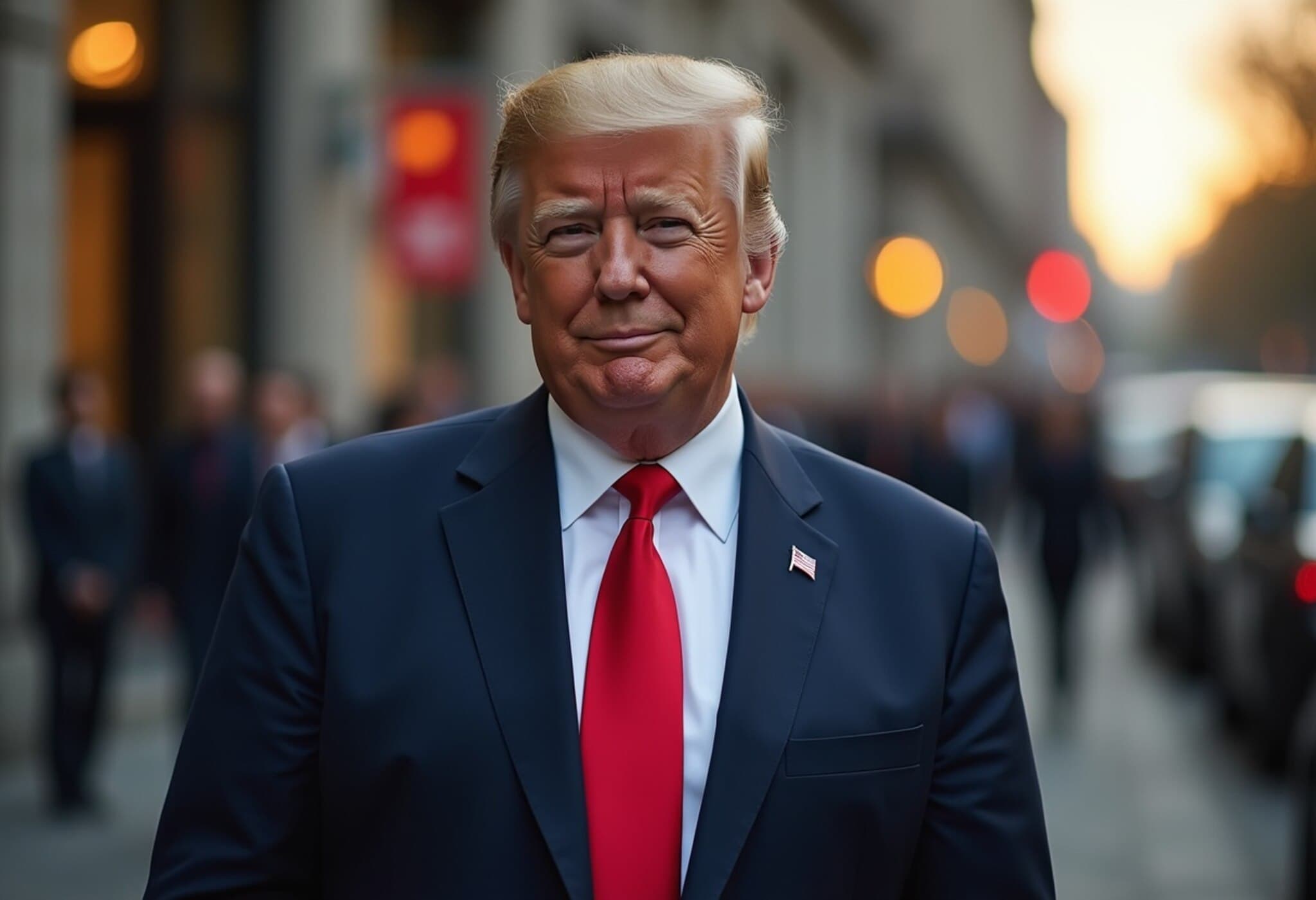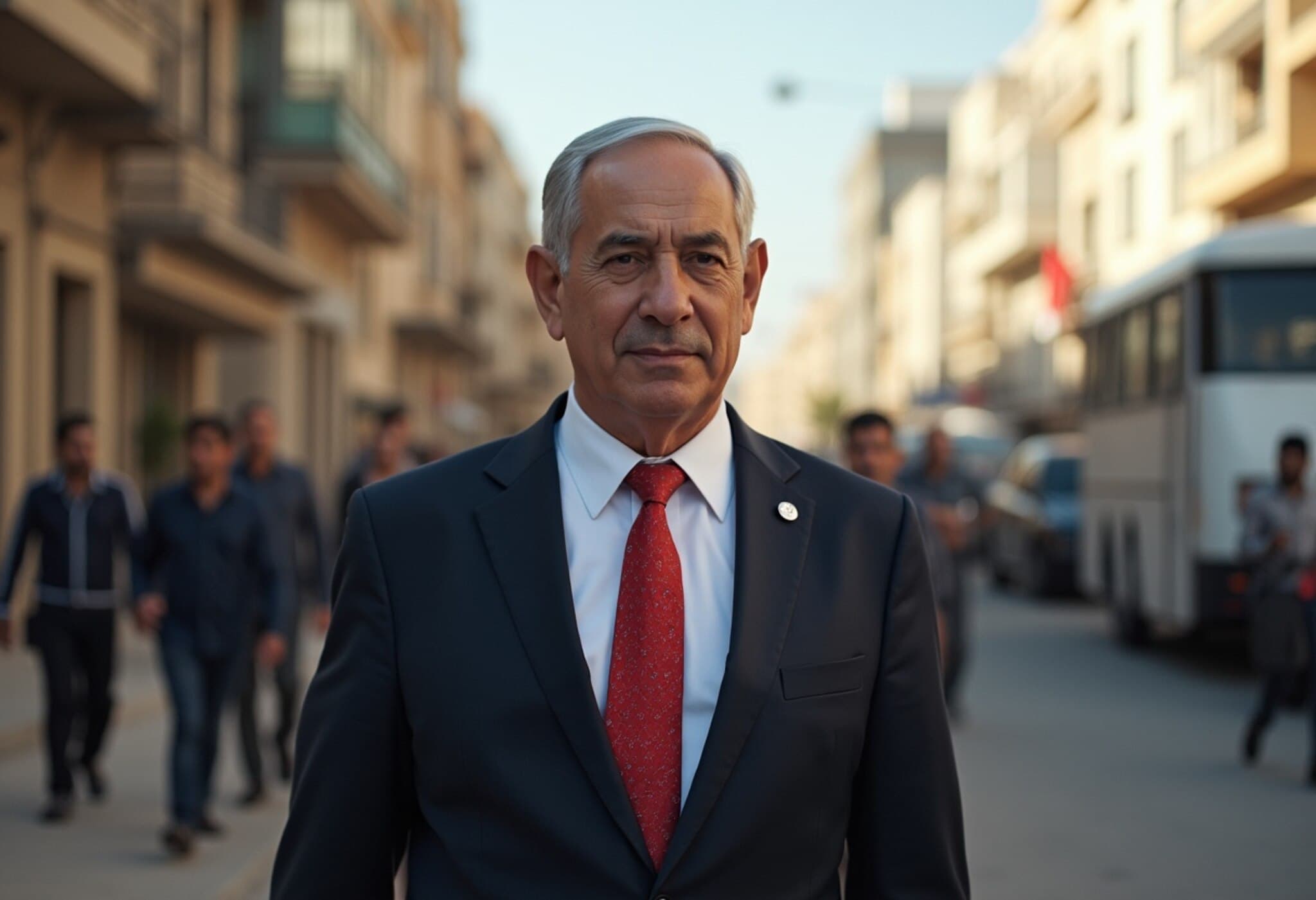US and China Barred from Pacific Islands Forum 2025: A Geopolitical Shift
The Solomon Islands' Prime Minister, Jeremiah Manele, recently announced a significant and controversial decision: at the upcoming 2025 Pacific Islands Forum (PIF) Leaders Meeting, key donor nations including the United States and China will not be invited. This groundbreaking move, rooted in complex regional geopolitics, has sent ripples through the Pacific community and global observers alike.
Background: The Pacific Islands Forum and Its Global Players
The Pacific Islands Forum, comprising 18 member countries, is the premier political and economic policy organization in the Pacific region. Traditionally, the forum not only gathers Pacific Island nations but also includes dialogue partners—major donors and stakeholders like the US, China, Australia, New Zealand, and others—to foster cooperative development and security initiatives.
Since the Solomon Islands switched diplomatic recognition from Taiwan to China in 2019, tensions in the region have intensified. Taiwan, considered by Beijing as a renegade province, maintains diplomatic relations with three Pacific island countries who have expressed concerns over potential exclusion from regional forums. In April 2025, Solomon Islands further tightened restrictions, removing Taiwan from a list of countries eligible for concessional entry, illustrating the growing influence of Beijing in Pacific affairs.
The Exclusion: What Was Said?
Prime Minister Manele explained the exclusion in a recent Solomon Islands parliamentary session, clarifying that the government's decision stems from an ongoing review of partner relationships with the Pacific that remains incomplete. He emphasized that no dialogue partners would be invited to this year’s forum, a first in PIF’s history.
Despite this, key financial institutions such as the World Bank and Asian Development Bank, alongside civil society groups, will still attend the forum, providing a modicum of international engagement.
Reactions from the Region and Beyond
- United States: A State Department spokesperson expressed disappointment over the exclusion, reaffirming support for the attendance of all forum partners, including Taiwan, as previously agreed upon in 1992.
- Taiwan: The Ministry of Foreign Affairs called for the forum to maintain existing arrangements that allow it to participate as a development partner, noting that Taiwan has historically contributed through informal means at side events.
- China: The Chinese embassy in Solomon Islands declined to comment, but Beijing’s growing influence in the Pacific is unmistakable.
- Opposition Voices: Peter Kenilorea Jr., a respected opposition figure and chairman of the foreign relations committee in Solomon Islands, labeled the decision as a "massive missed opportunity" that could jeopardize regional cohesion and development funding.
- Marshall Islands: President Hilda Heine criticized Chinese interference in the forum’s previous meetings, highlighting concerns over sovereignty and external pressure.
Geostrategic and Economic Implications
The Pacific Islands are among the world's most aid-dependent regions, relying heavily on external partners for development, infrastructure, and security arrangements. The exclusion of dominant players like the US and China raises critical questions:
- Does sidelining major donors risk weakening vital development programs?
- Will bilateral engagements on the forum's sidelines undermine the collective Pacific voice?
- Could this fracture deepen divides within the Pacific Islands Forum, threatening its role as a unified regional entity?
Many experts warn of a potential "divide and conquer" strategy, with Beijing possibly leveraging its strong presence in the Solomon Islands to woo individual Pacific leaders, potentially fracturing the forum’s solidarity.
Looking Ahead: The Forum's Future and Regional Stability
With the forum's foreign ministers scheduled to meet in Fiji next week, all eyes will be on how member states navigate these tensions. The decisions taken in these meetings will not only shape diplomatic relations in the Pacific region but also influence the broader Indo-Pacific power dynamics between the United States and China.
Editor's Note
The decision to exclude the US and China from the 2025 Pacific Islands Forum underscores the profound influence of geopolitical rivalry on small island nations striving for autonomy and balanced development. It raises pivotal questions about sovereignty, the role of external powers in domestic affairs, and the capacity of regional organizations to remain united amid great power competition. As the forum approaches, stakeholders must consider whether exclusion catalyzes regional strength or inadvertently invites deeper fragmentation.

